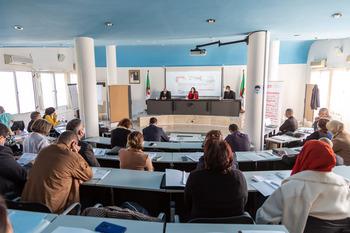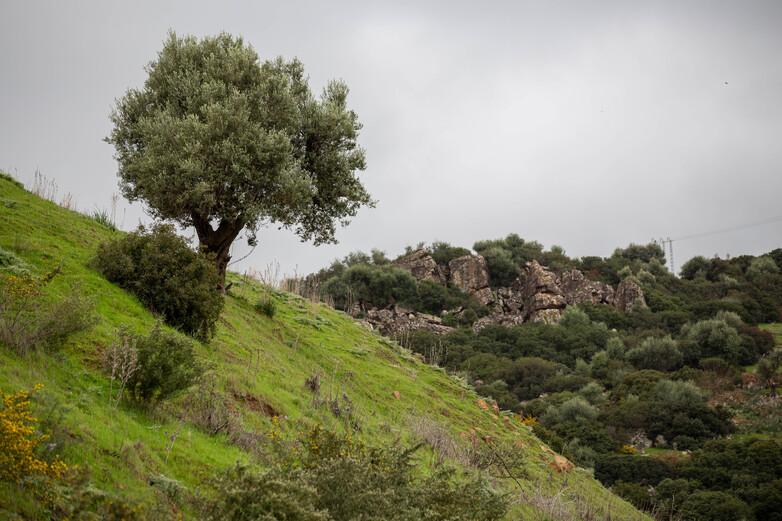Approach
The project works with the Algerian Ministry of Foreign Affairs, which represents Algerian climate policy internationally, and with the Ministry of the Environment, which is responsible for national climate policy. Further important partners and actors include the Ministry of Finance, the Forestry Office of the Ministry of Agriculture, the Ministry of Energy and the Ministry of Internal Affairs.
Together with the Algerian partners, the forestry and energy sectors were identified as pilot sectors for climate change adaptation and mitigation, respectively, and three pilot regions (known in Algeria as wilayas) were selected. These include Djelfa, Guelma and Tamanrasset.
The project focuses on four main thematic areas:
- Strengthening the institutional and legal framework within and between different sectors for improved climate governance and collaboration between different government levels
- Strengthening climate governance to implement the adaptation targets in the forestry sector
- Strengthening climate governance to implement the mitigation targets in the energy sector
- Strengthening local climate governance in the pilot wilayas
Results
By using a variety of coordination mechanisms between relevant actors, the project has helped to improve climate governance. The skills of experts and senior staff at relevant institutions have been successfully enhanced through advisory work and needs-based training and workshops.
1. Climate governance
- A comprehensive review of the legal and institutional climate governance framework was conducted jointly with the partners. This serves as the basis for formulating specific policy recommendations to strengthen the legal and policy environment .
- A roadmap for a climate finance concept aiming to ensure sustainable financing of national climate targets has been formulated. The concept will demonstrate how Algeria can develop national climate finance mechanisms and improve its access to international climate finance.
2. Adapting to climate change
- A concept for gender-sensitive impact monitoring of adaptation activities was developed and verified in collaboration with partners from the forestry sector in order to meet the transparency requirements under the Paris Agreement.
- A review of the integration of climate change adaptation in the forestry sector was carried out and a roadmap drawn up.
3. Reducing GHG emissions
- In the energy sector, a national review of mitigation measures and of the measurement and reporting of GHG emissions was prepared.
- In cooperation with partners from the energy sector, an international comparative study on systems for measuring, reporting and verifying GHG emissions (Measuring, Reporting, Verifying, MRV) and on long-term climate strategies was prepared.
4. Local climate governance
- Five guidelines were drawn up and two comparative studies were carried out. These support the partners in preparing local climate plans in the pilot wilayas and in developing the required competencies.
Last update: July 2021


